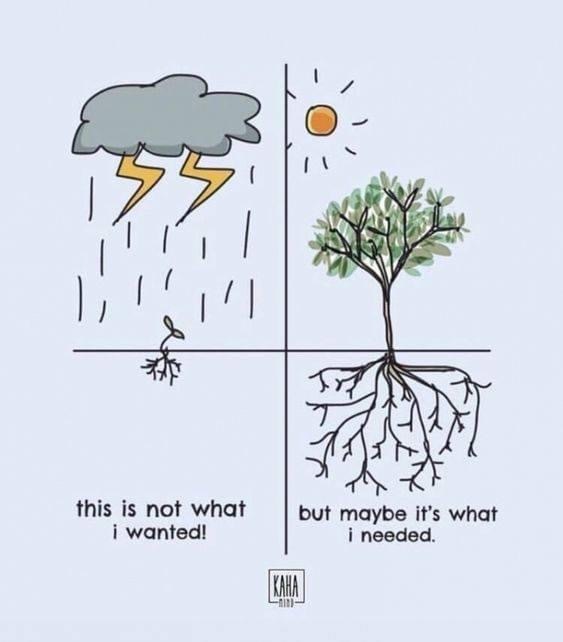
Finding thanks for addiction in recovery
If you go to an AA meeting, you’ll inevitably hear an old-timer introduce themselves as a “grateful recovering alcoholic.”
How can someone be thankful that they’re an alcoholic and addict?
It’s because they didn’t just achieve sobriety, they found recovery.
People in recovery aren’t just grateful that they’ve stopped drinking and using, they’re grateful for what they learned and gathered along their recovery journeys. They gain a deeper understanding of themselves and learn how to manage problems to lead happier lives, no matter what is happening.
People in recovery are shown by data to be healthier on average, both mentally and physically. They miss fewer days of work. When they explore the issues under their addictions and get therapy to resolve them, they manage stress and anxiety better. They become stronger supporters of friends and loved ones both in and out of recovery. Having learned and grown from it, they use the hurt they’ve experienced to help others heal.
When we’re first starting out on the road to recovery, it’s usually because we’ve bottomed out and everything is terrible. We’re anything but thankful for our addiction, we curse it and feel cursed by it. We experience a whole range of emotions from shame and regret to anger and depression.
It takes time and practice to start finding gratitude and appreciating our bad experiences, and that’s what a recovery program does for you. Addiction isn’t a weakness or a curse, it’s a chronic condition that we learn to manage into remission. If that program can work to manage something as powerful as addiction, it can be used to manage anything.
When they share in those meetings, you’ll hear them talk about how they were able to help their kids through heartbreaks or being bullied, or support their loved ones when they were sad and depressed and hopeless. They’ll say it’s because of their recovery. It’s not just because they quit drinking and drugs and could be there. It’s because the recovery program that gave them the power to quit also gave them the power to help and heal others.

If it wasn’t for their addiction, they never would have gotten that power. Wisdom is expensive, we pay for it with our experience and the costs can be severe. All that pain and suffering were the catalyst that caused them not just to get their lives back, but have new and better ones they never could have imagined before.
That’s the power of recovery. It’s so strong, it shows you how to be grateful for what seems like the worst thing possible. It reassures you that no matter how bad anything gets you’ll get through it and can help those around you get through their struggles.
That’s something to be truly thankful for.
